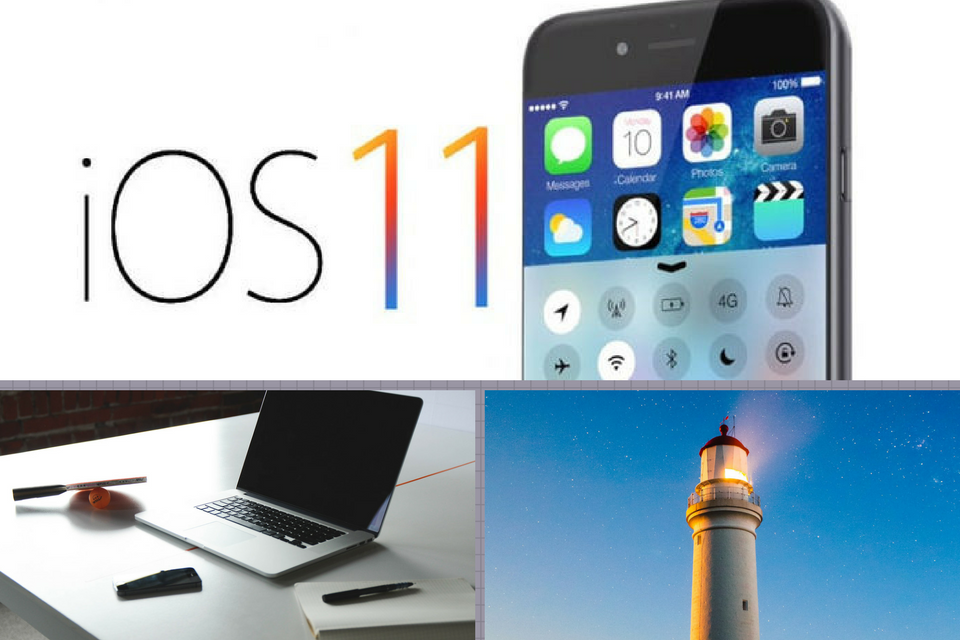Apple announced the release of the latest version of its operating system, the iOS11, on September 19, 2017, so now we know for sure what we can expect when it comes to enterprise mobility.

New version or not, the iOS has already bagged a clear win in the business sector when it comes to mobiles. Even though Android-based devices are way more popular, recent data from content collaboration tool maker Egnyte shows that, of all mobile activities in the enterprise, 82% happens on an iOS platform.
We collected some specific “sexy” and useful features that might push the corporate user further to the Apple universe. The new functions show Apple’s commitment toward the enterprise usage and also make it easier for businesses to use mobile apps.
1. Built-in NFC
Apple finally lets you break out of Apple Pay and extend its NFC-capabilities to make it fully operational as a third-party service and offering new payment options to be integrated. For enterprises, field maintenance might profit the most from the added feature. NFC-tags on objects, e.g., a water pump, can now be scanned by the field worker’s mobile device that identifies the object and allows the worker to download the relevant manual or repair guide.
2. Security
Apple has been systematically building its reputation security-wise from day one, and the new iOS is no exception to this priority. In the latest version of the platform, users or admins can control when to allow an application to access location data (e.g., deny it when the app is not in use). Apple MDM also lets users blacklist individual apps for the employees without affecting the use of other apps.
3. Scan and Sign
Another essential move forward to eliminate the need for third-party services for crucial functions is Apple adding a document scanner to the Notes app. The scanner function is automatic once placed above a document but also lets the user adjust the corners if it can’t capture it right. This feature, together with another improvement on the Apple Pencil, is a considerable advancement for sales agents on the move. Deals can now be closed by letting the clients sign the contracts and other documents on-site and instantly scan those with the mobiles and share them with the managers.
4. Augmented Reality
The ARKit has been available for a while for iOS developers, but now it’s given a boost to target enterprise users by making it native to iOS specifically. Field maintenance work is one focus area where AR can add significant value, for example, by fitting technical drawings and blueprints on the tablets to objects in real life. Retail and manufacturing can also widely benefit from such a feature, letting users match furniture in a room or planning production lines.
5. Siri
Artificial intelligence and machine learning have improved the well-known mobile assistant, Siri’s, voice and language capabilities. Siri is now able to learn from its users, and it can come handy when assisting in organizing work schedules and fieldwork routines. It seems more than one new feature of the iOS11 release targets field maintenance professionals: Siri, for example, can now take dictation-based notes through the “Type to Siri” option, an ideal companion for workers whose hand often get dirty in the field.
6. Indoor Maps
Indoor mapping is now ready to assist notorious but time-lacking customers in finding sale items in a mall or passengers in a hurry on an airport. While the latter has undoubtedly some advantage to business travelers, enterprise users might be more excited by the future such a feature projects. Imagine when a tablet can navigate workers in office buildings or industrial properties of a more extensive scale: of course with the matching security features that limit the app’s access to the corporate property to authorized employees.




